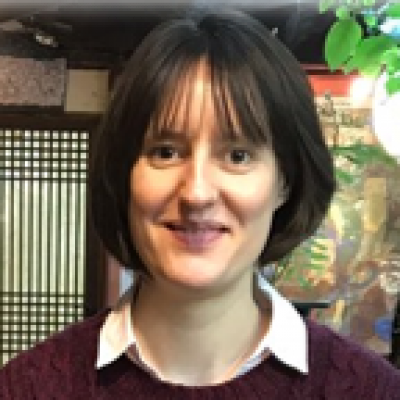Synchronous (Onsite) Culture & Cross-/Intercultural Perspectives Research Report/Paper (25 mins Onsite)
Multicultural Education in South Korea: A Literature Review
Since 2012, there has been a steady increase in the number of multicultural families in South Korea, with a subsequent increase in multicultural students in schools (Chung, 2021; Im, 2022). According to Lee (2022), multicultural children encounter language barriers, academic difficulties and discrimination from peers, as well as teachers. Stakeholders have advocated the need for policy makers, administrators, as well as researchers to collaborate on comprehensive solutions that ensure improved educational opportunities for multicultural students (Kim, 2022). This review aims specifically to summarize research literature about multicultural education in South Korea and identify emergent issues faced by multicultural students. It concludes in a ‘best practice’ guideline for English language teachers and other stakeholders of multicultural programs.
-

Daniela is from Berlin, Germany and has been living in Korea since 2006. She arrived as a student and later had the opportunity to teach at private academies, Seoul Foreign School, and Myongji University. She earned her Ph.D. in Baduk (Go) Studies in 2014. Since 2015, She has been teaching as a tenure-track professor at the department of Baduk Studies at Myongji University, Yongin campus. Her courses include teacher education, Baduk culture and Baduk English. Her research interests are the board game Go (Baduk), culture, foreign languages, education, and recently 'multicultural education' was added to the list.
-

I have been teaching English in Korea since 2001, and I have witnessed multiple changes in society. I have seen exciting internal growth as well as a growing awareness of other cultures. Despite these changes, Korea has been slow to adopt other cultures into its own rich cultural tapestry. With falling birthrates and a growing multicultural community, Korea has very little choice at present and the question is not 'if' but 'when' and 'how' in the current Korean environment. Many challenges remain when it comes to integrating children from multicultural families into the Korean environment, but I think we are up to the task. This literature review aims to create a groundwork of knowledge to facilitate research into how best to accommodate the needs of multicultural children in Korea's education environment. We learned a few things and we hope you do too.
